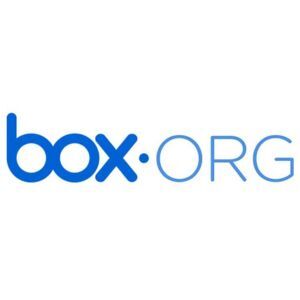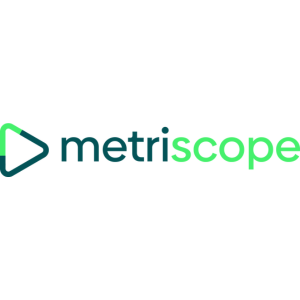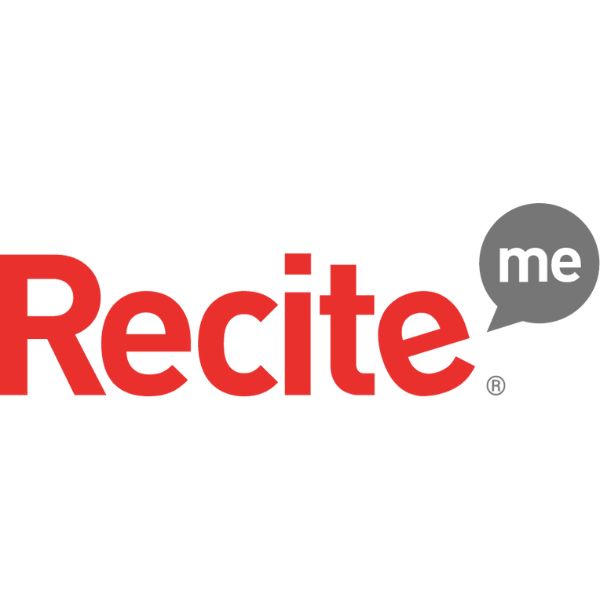Insights
INSIGHTS
All Topics
My Account
Dos and don'ts of using data
04 Jun 2023by Ioan Marc Jones
We explore some common mistakes people make when first starting to use data and also offer some best practice advice
Public Interest Registry (PIR) is the non-profit organisation that powers .ORG, the original purpose-driven “generic” top-level domain (gTLD) with more than 10.5 million domain names registered worldwide. PIR has been a champion for a free and open Internet for more than 15 years with a clear mission to be an exemplary domain name registry, provide a trusted digital identity, and help educate those who dedicate themselves to improving our world.
Data analytics has developed a reputation built and sustained by notions of intense spreadsheets, incomprehensible data, and graphs that can hurt eyes. The reality is very different. Data analytics may be perceived as difficult, but there are plenty of tools and resources to support people whose primary job is not with data.
Data is just information. The ‘likes’ you receive on Facebook, the number of emails sent to customers or donors, the names of people who signed up to your webinar – all of that is data and important data, too. Data analysis is just a matter of finding the story that data tells. It’s all about narrative.
Some charities avoid using data through fear of complexity, the presumed shortage of data and resources to handle it, and a supposed lack of expertise. Other charities use data in the wrong way. Too many charities take the slapdash approach,lacking defined objectives, not implementing legal and ethical standards, and generally making a lot of easy-to-avoid mistakes.
Mastering data analytics does not require masses of expert knowledge or heaps of effort, but it does require some preparation, reading, and research. Our previous article on Data Analytics 101 will give you the background of data analytics and ensure you know the fundamentals.
In this article, however, we thought we’d outline the dos and don’ts of data analytics to help you succeed. So, without further ado, here’s what to do and what not to do.
DO: Set specific targets
People often start using data on a whim, diving in headfirst, gung-ho or ad hoc, driven by enthusiasm or necessity, with no plan, no defined metrics, and no real purpose in place. A good piece of advice for data analytics – and all charity operations, perhaps even life in general – is that if you don’t know what you want to achieve, you probably won’t achieve anything.
Preparedness is essential when it comes to data. Data without context is just numbers, random digital dots on a screen. Your job as a data analyst – and anyone who looks at data with purpose is a data analyst – is to make sense out of nonsense, to give chaos order. So define what you want to achieve before you start and the numbers will start to make sense on their own.
Start broad and narrow down. Perhaps you want to increase your following on one social media platform. Great, but you’ll need to define the percentage points by which you want to increase, the time by which you want that increase to happen, the impact of changes you’ve made, and so on.
So don’t go in without direction. Prepare, plan, and be specific. Narrow down as much as possible. Set goals that are precise, realistic, and measurable by time.
DO: Consider ethics and law
You’d be surprised how many charities unintentionally break the law when it comes to processing or using data. It’s a mistake that is not only unethical, but can be exceptionally costly.
Charities and non-profits are not exempt from data protection regulation. The UK Information Commissioner’s Office recently fined a UK charity £25,000 for their failure to keep personal data of users secure, for example. Other charities have faced punishments for a range of issues around data, such as failure to gain consent, using data for unauthorised purposes, or illegally sharing data.
Don’t make the same mistake. Do consider ethics and law. Make sure, before you start collecting and using data, that you are acting ethically, legally, and appropriately. It can be challenging and require some research but there are lots of resources available and basic steps you can take right away.
First things first, locate and read the appropriate legal information. Most regulations are available online, along with some informational resources and implementation guidelines for organisations.
Ensure that you do your research and understand and comply with all relevant regulations. Take notes, write down parts of the legislation that apply to you. And, importantly, always keep abreast of the changes in local, national, and supra-national legislation. If you are not sure, do more research, gather more detail, ask questions if necessary, and always opt on the side of caution. And, importantly, consult an expert if you need further advice.
Ensure you are practicing ethical standards, too, making sure your use of data aligns with your mission. Part of ethical, and legal, use of data is to always maintain full and transparent communication with customers or users about your data processing activities.Make sure you provide a Privacy Notice explaining your data processing and how your customers can exercise data subject rights, including right to rectification, right of erasure, and so on.
The onus is on the charity to understand and comply with all regulations. The onus is on all of us to act in a safe and ethical manner. Do your research, ensure legal compliance, and practice high ethical standards when using data.
DON’T: Ignore your current resources
Charities are able to gather plenty of information due to the nature of their work, but they often use data less than the private sector. Charities sometimes fail to use the data that they’ve already collected. And they have loads. The data that you already have, right now, is a potential gold mine. Don’t ignore it.
As mentioned, all information is data. The webinar sign-ups, the email marketing, anything on your CRM, anything on your CMS, sign-ups for the website, Twitter followers, Facebook likes, people who attended physical events, donors, volunteers, and so on. All of that data is potentially usable, as long as it adheres to the above mentioned legal and ethical standards.
The key is to use that data to find your story. So, think about your goals and explore your current data sources – you’ll be surprised by how quickly the data works for you.
DON’T: Use all data available
The next common mistake ties into the above. Just because you have lots of data – and you do – that doesn’t mean all that data is usable and valuable to your mission. Don’t make the mistake of hoarding useless data (as this can also run contrary to legal requirements, too). That’s a huge waste of time.
Instead, focus on the data that is meaningful to your targets and objectives. You will be left with helpful, usable data that you can analyse much easier. You then can work through and allow the data to tell you a story. This stage may take some time, but the rewards can be huge.
As for the data you didn’t deem relevant for your analysis? It’s perfectly fine to ignore it. It might be beneficial for a future analysis. One word of warning – be sure to comply with all the relevant laws and ethical standards you researched, as well as your own organisation’s data collection and retention policies before purging or destroying it.
DON’T: Do it only once
You have performed data analysis. You have found your story and made changes based on the story that data told you. You learned what was working, what needed improving, and leveraged the data to define your decision-making process. Brilliant. Time to make a cup of tea and move on. The end.
Don’t do that. It’s a big mistake to think this is a one time effort. It’s also the last mistake, because people who only use data once don’t have the chance to make that mistake again.
The effective use of data is an ever-evolving process, with each act of analysis telling us something new, creating a new story, providing guidance that we can use to define our future choices. Charities should continue to use data, constantly assessing to improve operations and streamline processes.
Don’t make this final mistake. Make the use of data a constant, consistent part of working life. Allow data to tell you one story, then another, then another. It might take some practice, certainly some preparedness and planning, but ultimately the consistent use of data will provide substantial benefits.
Find out more
Now that you understand what not to do, click above to check out more resources on data use and analytics from Public Interest Registry
Ioan Marc Jones
More on this topic
Recommended Products
Featured Products
Our Events
Charity Digital Academy
Our courses aim, in just three hours, to enhance soft skills and hard skills, boost your knowledge of finance and artificial intelligence, and supercharge your digital capabilities. Check out some of the incredible options by clicking here.















